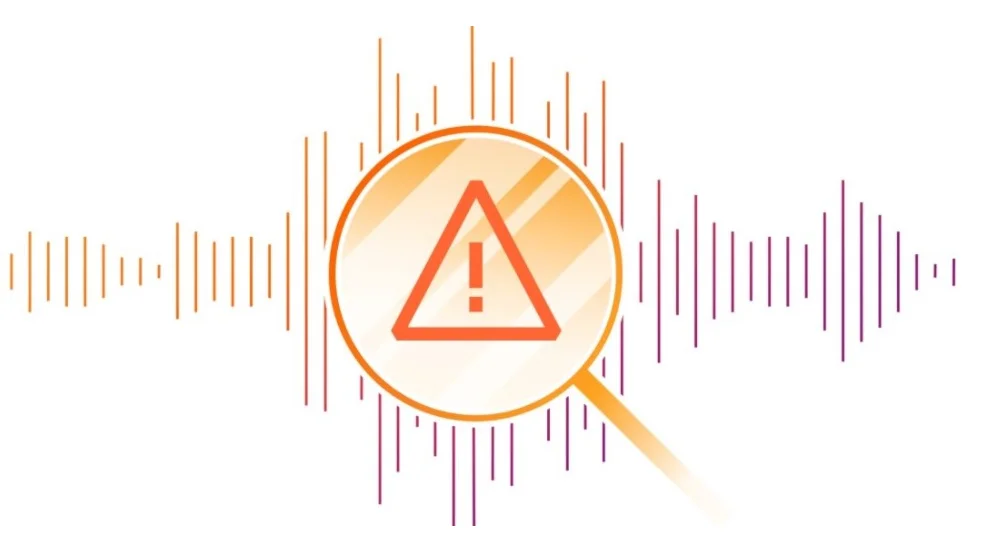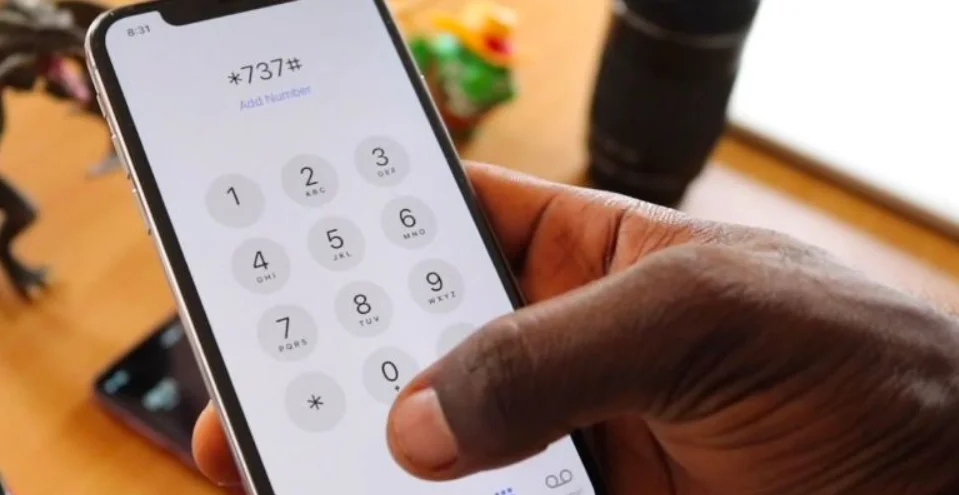WhatsApp, the Meta-owned messaging platform, is one of the most widely used communication apps globally. However, several countries have either fully blocked, partially restricted, or temporarily banned the service due to political, security, and regulatory reasons.
On Wednesday, Russia became the latest country to restrict certain WhatsApp calls, accusing the platform of refusing to share information in fraud and terrorism investigations.
Countries with a Full WhatsApp Ban
1. China
- Blocked since 2017 under the country’s Great Firewall policy.
- Filters and blocks overseas server traffic.
- Users rely on WeChat for communication.
2. North Korea
- WhatsApp is generally inaccessible.
- The government has blocked Facebook, YouTube, Twitter, and other platforms since 2016.
- The country maintains one of the world’s most tightly controlled internet systems.
Countries with Partial WhatsApp Restrictions
1. Russia (from August 2025)
- Restricts some WhatsApp calls.
- Cites national security concerns and clashes with foreign tech companies over data storage and content control.
2. United Arab Emirates (UAE)
- Banned most VoIP services in 2017, including WhatsApp voice and video calls.
- Text messaging remains allowed.
- Temporarily allowed calls during Expo Dubai 2020.
3. Qatar
- No official ban, but VoIP calls are restricted.
- WhatsApp messaging still works.
4. Egypt
- No blanket ban, but authorities have throttled VoIP communications.
5. Jordan
- Restrictions on making VoIP calls via WhatsApp.
Countries with Intermittent or Past WhatsApp Bans
1. Iran
- Lifted the WhatsApp ban in 2024 as part of easing internet restrictions.
2. Turkey
- No current ban, but past temporary blocks occurred during domestic unrest.
3. Uganda
- Banned WhatsApp and other social media in 2021 after Facebook blocked pro-government accounts.
- The Ban was later lifted.
4. Cuba
- Temporarily restricted WhatsApp, Facebook, and other social media in 2021 during political protests.
5. United States (U.S. House of Representatives)
- In June 2025, WhatsApp was banned on all House of Representatives devices for security reasons.
Why Countries Ban or Restrict WhatsApp
Governments impose WhatsApp restrictions for a range of reasons:
- National security and anti-terrorism measures
- Control over information flow during protests or political unrest
- Regulation of VoIP services to protect telecom revenues
- Disputes over data privacy and refusal to comply with government demands












